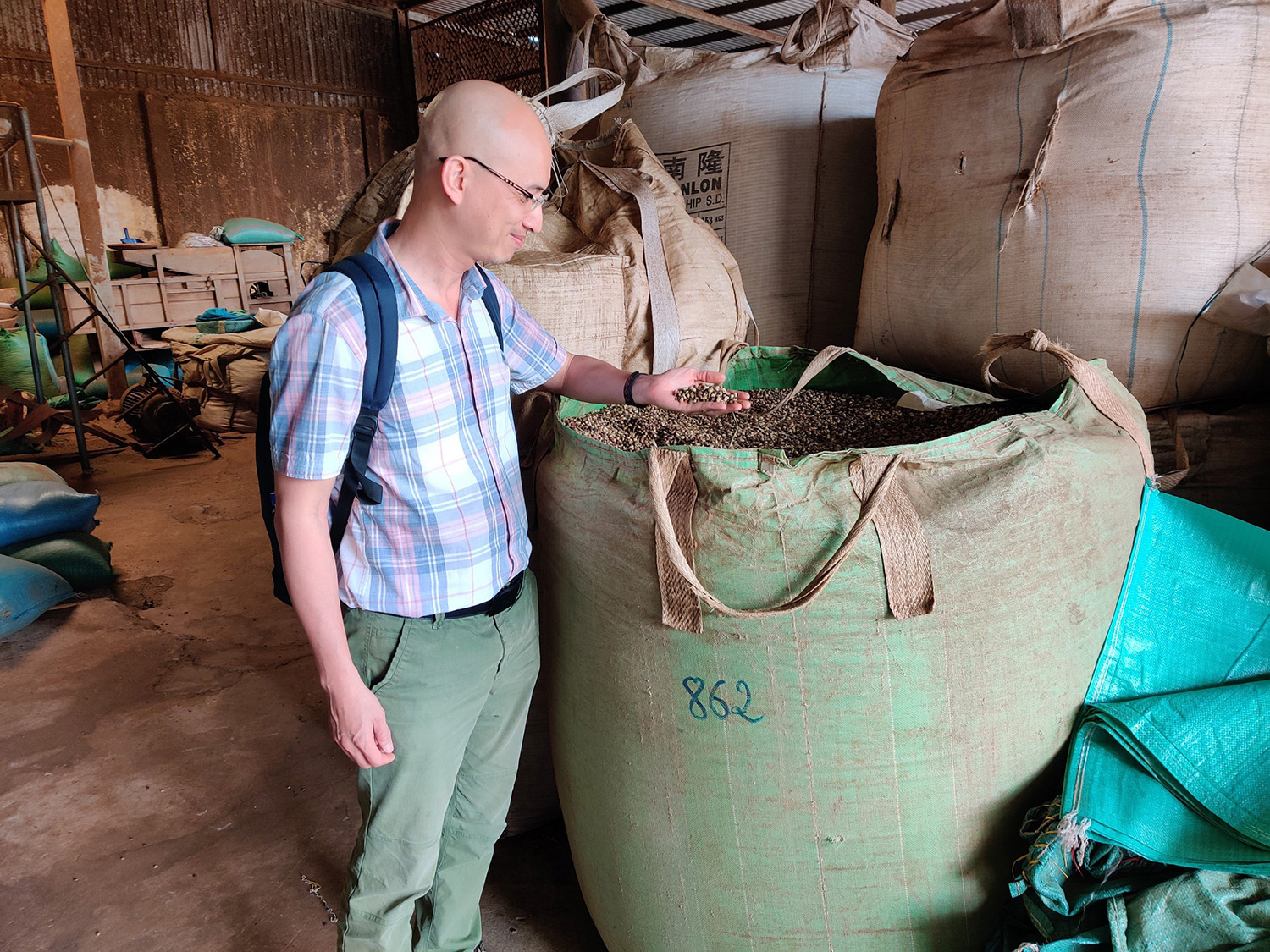

Although Vietnam is the second largest coffee exporting country in the world, very little data is available on the impact of the coffee sector on local youth. In 2018, Save the Children and a coffee producer conducted a joint impact assessment of child rights in the coffee supply chain, and found that among 328 children in the sampled households, 90% of them engage in coffee bean picking. A further 22% of respondents said that coffee production negatively impacted their school attendance and performance, with some even dropping out of the school system altogether to work in coffee plantations.
With this in mind, Save the Children, The Centre for Child Rights (The Centre) and Business, the Center for Rural Development in Central Vietnam (CRD) and a global coffee company have joined forces to launch a 3-year child rights programme in Vietnam’s coffee industry. The programme aims to improve the lives of children in coffee sourcing areas by ensuring that children are empowered and enjoy their rights in a supportive environment.
The programme will include a child rights risk assessment in the coffee supply chain, the development of practical child rights guidelines for coffee suppliers based on assessment findings, as well as good practice guidelines for wider sharing on how to safeguard child rights in the coffee production communities. The programme also includes awareness raising activities and capacity building trainings to relevant stakeholders so that they are able to either practice their fundamental rights or create a safe working environment that considers the healthy development of children in the region.
The programme also places a strong emphasis on child protection and The Centre will work closely with local businesses to ensure that their impact on children is a positive one.
By using this website, you agree to our use of cookies. We use cookies to provide you with a great experience and to help our website run effectively.